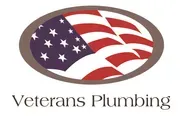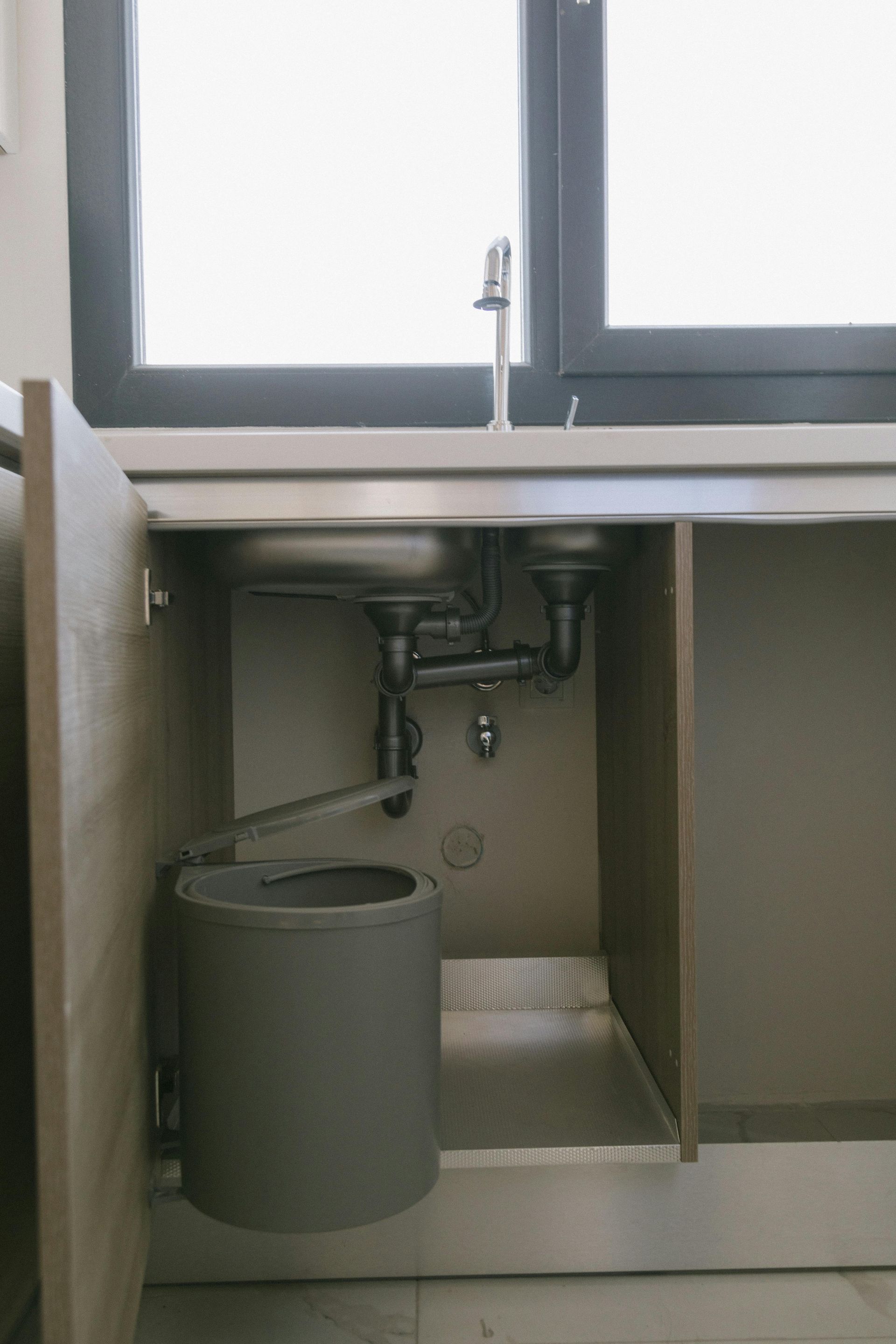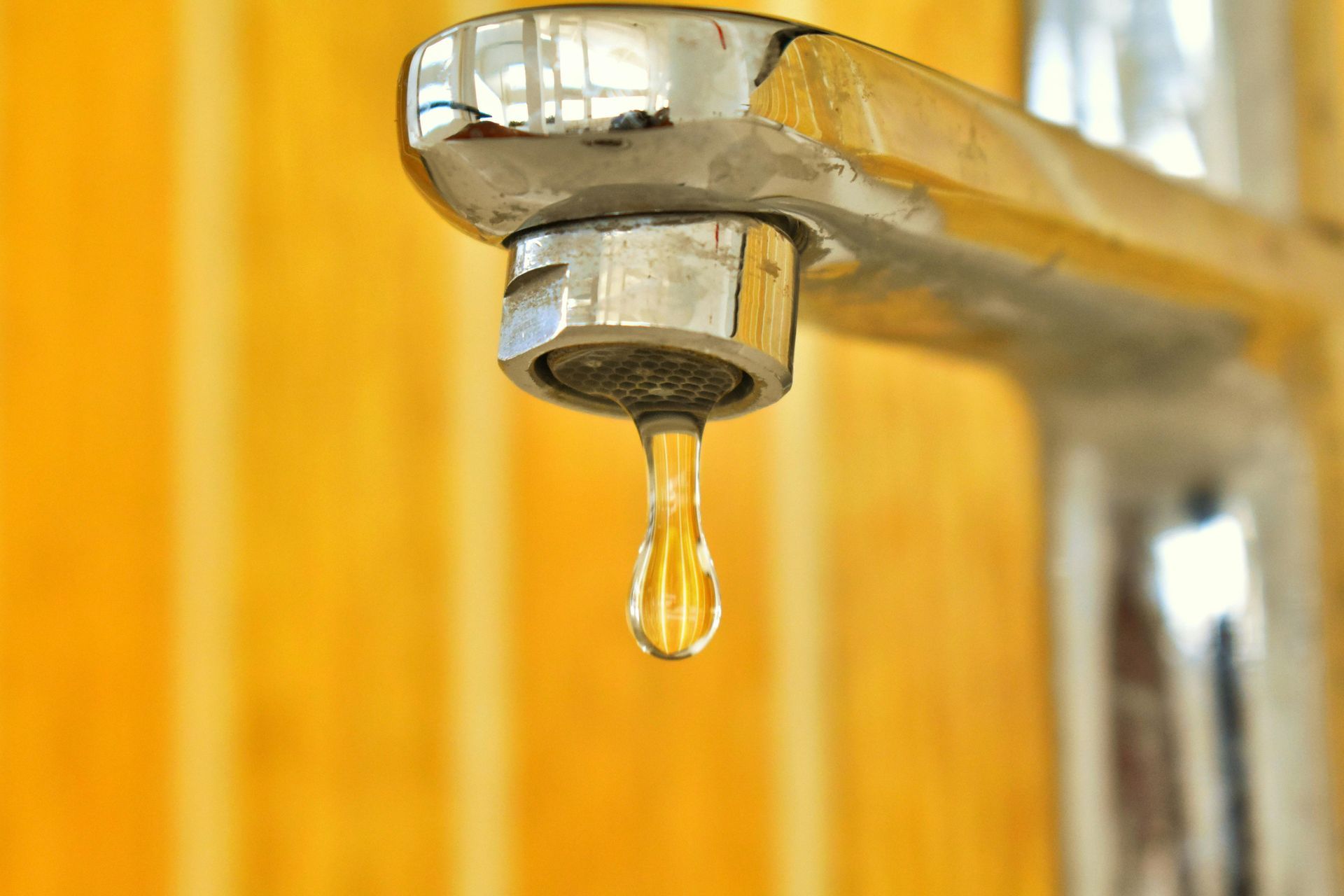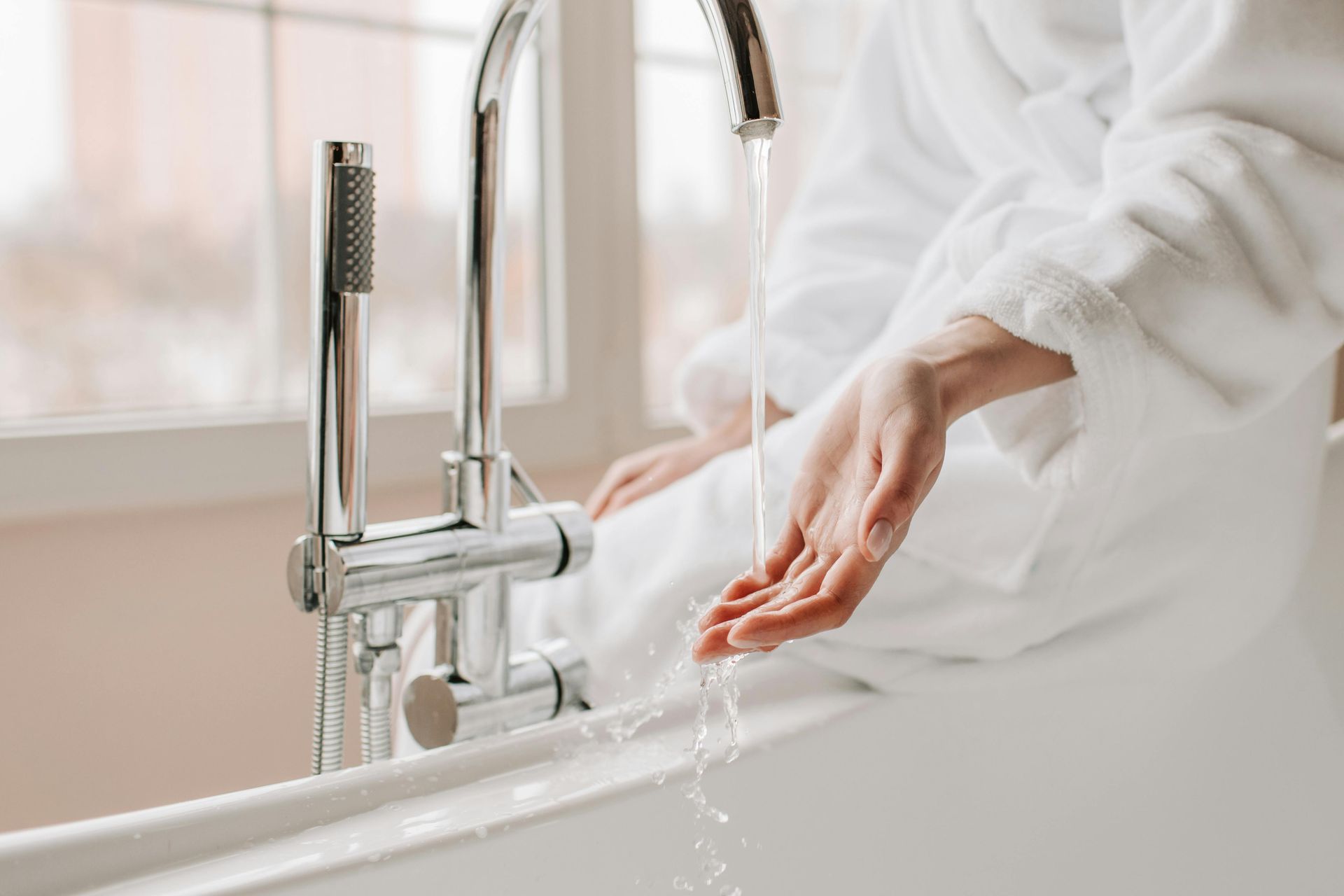Eco-Friendly Plumbing Solutions: Reducing Your Carbon Footprint
Plumbing emergencies never happen at a convenient time. Whether it's a burst pipe at midnight or a backed-up toilet right before guests arrive, the stress can be overwhelming. But before panic sets in, it’s essential to know what steps you can take to minimize damage and ensure your safety while waiting for the professionals to arrive.
At Veterans Plumbing Corp., we understand how unsettling these situations can be. With decades of hands-on experience in residential and commercial plumbing across the Tampa Bay area, our licensed and insured team has seen it all. This guide will equip you with practical steps to take during a plumbing emergency, because quick thinking can mean the difference between a minor inconvenience and a major disaster.
Step 1: Stay Calm and Assess the Situation
The first rule in any emergency is to stay calm. Take a moment to assess what’s happening. Is water flooding the bathroom? Is there a suspicious odor coming from the drains? Understanding the nature of the issue will help you act swiftly and give accurate information to your plumbing professional.
At Veterans Plumbing Corp., we encourage homeowners to take note of the issue’s location, severity, and any changes in pressure or temperature. If safe, take photos or videos—this can help us diagnose the problem faster when we arrive.
Step 2: Shut Off the Water Supply
In nearly every plumbing emergency, turning off the water is your top priority. This prevents further water damage and gives you control over the situation.
- For major leaks or burst pipes, locate your main water shut-off valve, which is usually located near the water meter, in the basement, or outside the home. Turn the valve clockwise to stop the flow.
- For localized issues, such as an overflowing toilet or leaking sink, use the shut-off valve directly beneath or behind the fixture.
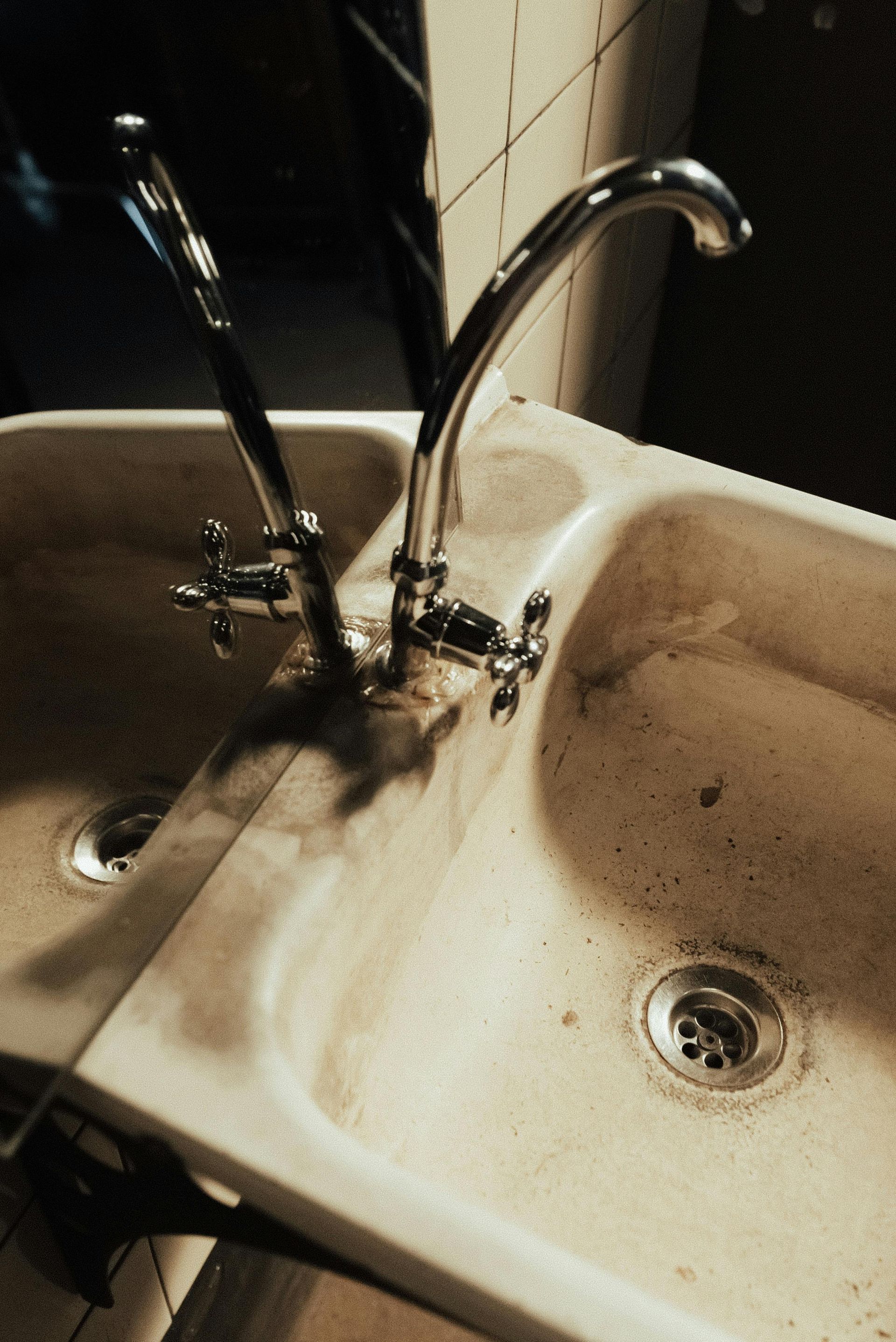
Step 3: Turn Off the Water Heater (If Needed)
If the emergency involves hot water—such as a broken hot water pipe or a leaking heater—it's essential to turn off the water heater. This prevents pressure buildup or, in extreme cases, a potential explosion.
- For electric water heaters, turn off the breaker in your electrical panel.
- For gas heaters, turn the gas valve to “pilot” mode.
Step 4: Contain the Water (and the Mess)
Once the water flow is under control, do what you can to minimize damage:
- Use towels, buckets, or mops to soak up water and prevent it from seeping into walls or flooring.
- Place a container under slow leaks to avoid puddles.
- If the toilet is overflowing, don’t flush again. Use a plunger to reduce the blockage.
Keep your family, pets, and electronics away from areas with moisture. Water damage can be both extensive and dangerous, especially around electrical outlets and appliances.
Step 5: Avoid DIY Repairs (Unless You Know What You're Doing)
It may be tempting to take matters into your own hands, but temporary fixes can often exacerbate the problem. A cracked pipe sealed with duct tape may hold for a few minutes, but it’s no replacement for a professional repair.
Instead, call the team you can trust. Veterans Plumbing Corp. is recognized for providing prompt and reliable emergency plumbing services throughout Tampa Bay. Our team is trained to tackle a wide range of issues, from slab leaks and sewer backups to water heater malfunctions and gas line problems. We arrive with the tools and experience needed to make lasting repairs safely and efficiently.
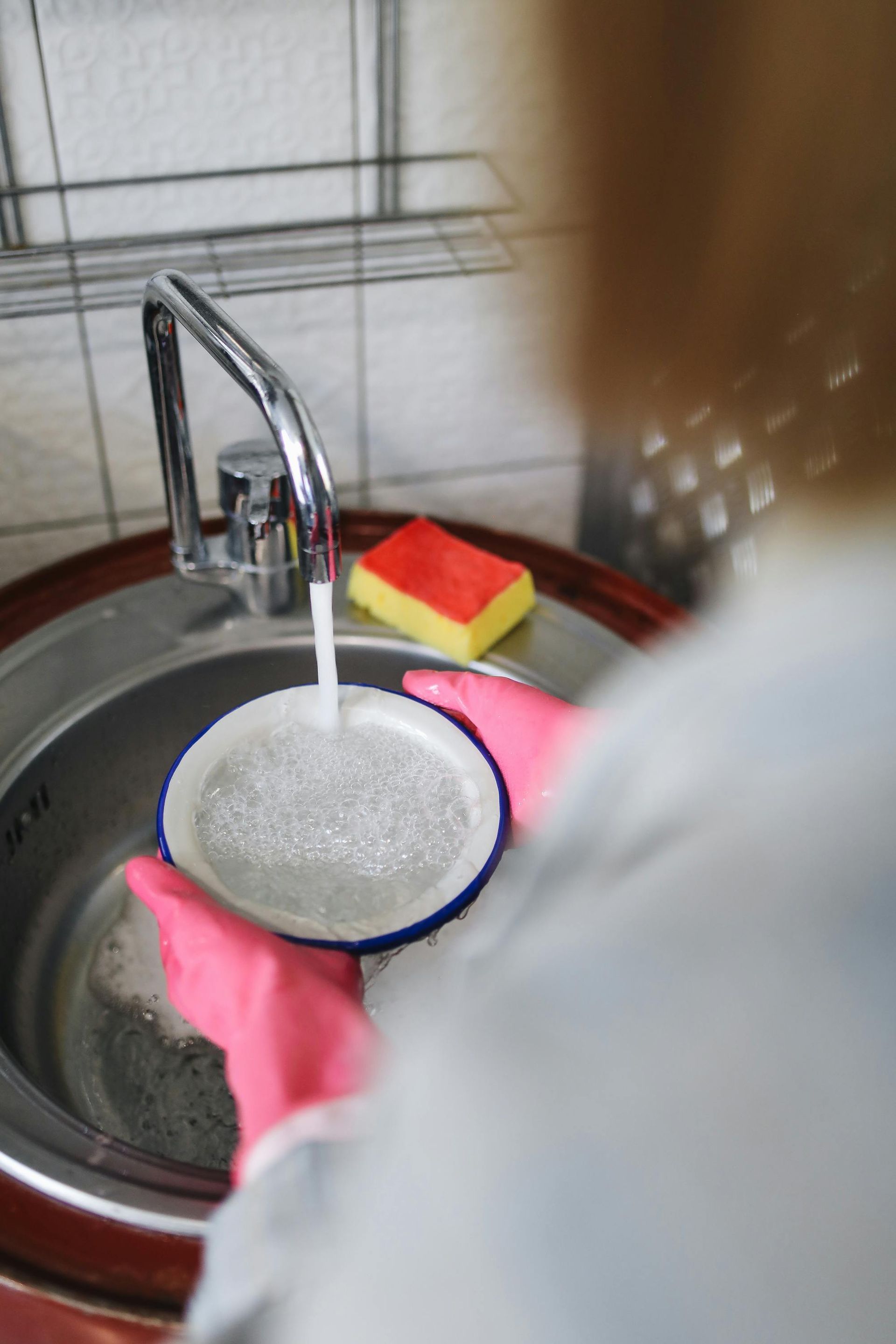
Step 6: Call a Licensed Professional Immediately
This is the most important step—never wait to call for help. The longer you delay, the more damage may occur. At Veterans Plumbing Corp., we offer 24/7 emergency plumbing services for both residential and commercial properties.
When you contact us, be prepared to describe the problem, the steps you've already taken, and any safety concerns. We’ll prioritize your call and send a technician as soon as possible.
Step 7: Prevent Future Emergencies
While not much can be done in the moment to prevent an emergency that’s already happening, you can take steps to avoid the next one:
- Schedule routine plumbing maintenance through Veterans Plumbing Corp. to spot issues early.
- Inspect pipes and water fixtures regularly.
- Upgrade outdated plumbing systems before they fail.
- Avoid flushing non-degradable items down toilets and sinks.
Why Trust Veterans Plumbing Corp.?
We’re not just plumbers—we’re veterans, bringing a strong work ethic, discipline, and integrity to every job. Our mission is to provide dependable, honest plumbing solutions with military precision. Whether you're dealing with a flooded bathroom at 2 AM or a hidden leak under your foundation, we’re just a call away.
Trust in a team that’s been serving the Tampa Bay area for years with a commitment to quality, transparency, and exceptional customer service.
Check out our services: Water Softeners & Treatment, Water Repair & Install, Tankless Water Heaters, Residential & Emergency Plumbing.
Blog
Book a Service Today
For more info on water softeners, water heaters and tankless water heaters Idaho Residents need, contact us today.
